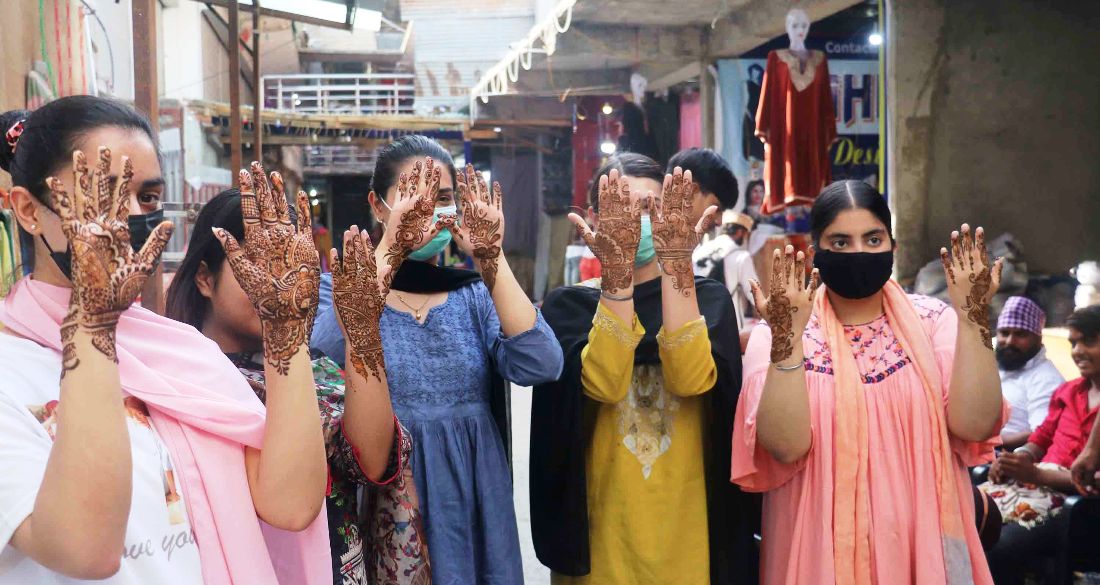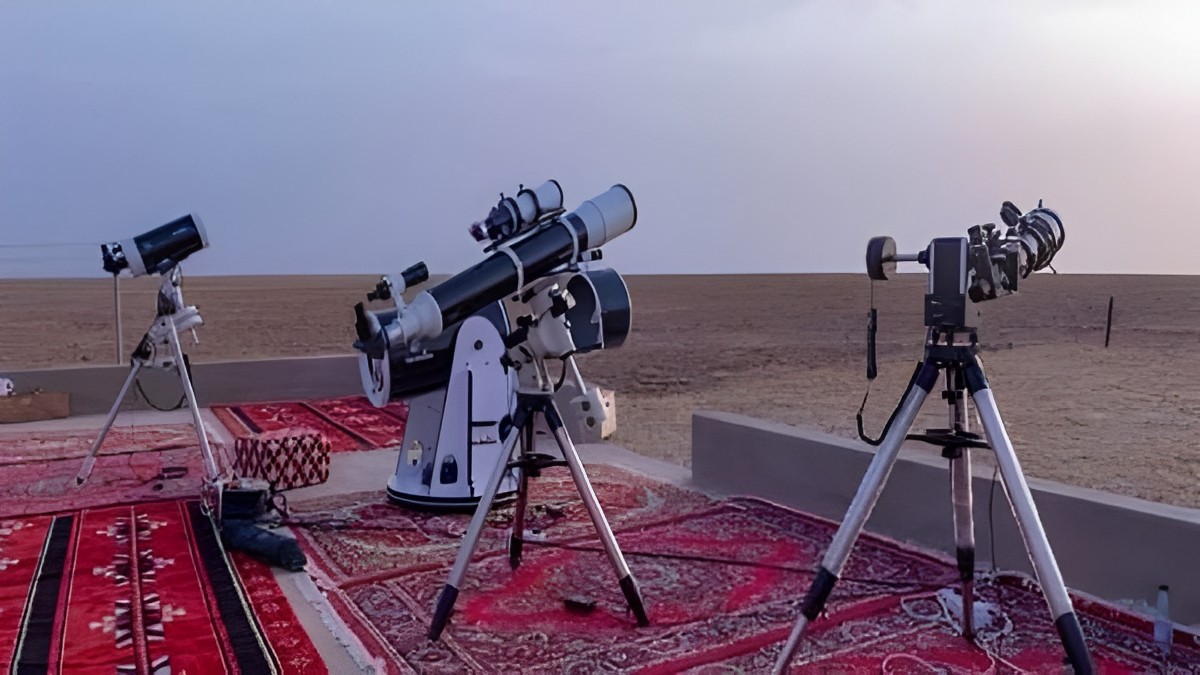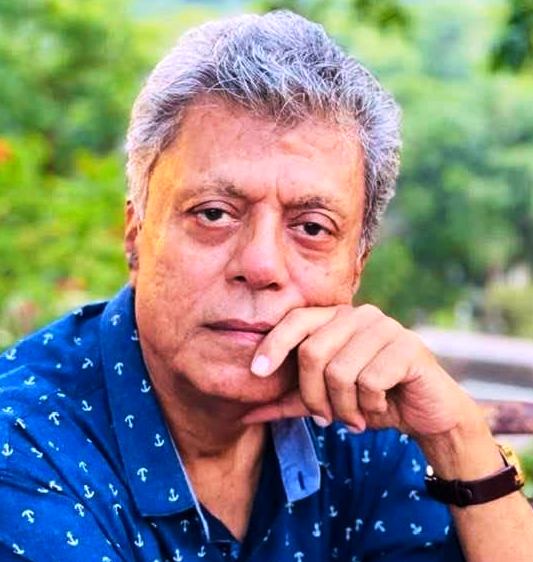by Rais Siddiqui
If there are loved ones, relatives, or acquaintances, then meet them, and establish a relationship of greetings and prayers with them. Help them with charity money, zakaat, fitrah, khairaat, maali madad at the same time or at any other time so that they too can live with dignity in society

Whenever the word Eid is talked about, I keep remembering over and over again the pleasant and wonderful memories of the Eid celebration in my childhood in my home town, Lucknow. Colourful and wonderful, happy and sweet memories start to stir in some corner of the mind and my heart desires to share these beautiful memories with you because these golden and joyful moments are the fairy and unforgettable as well as priceless treasures of my life and also of everyone’s life.
In our childhood, Ramadhan and Eid were very important occasions of happiness for us. From the first week of Ramadhan, small desires started to rise. Parents also shop for their children first. According to fashion, colourful shirts, churidar- pyjamas, new shoes, socks and belts, sherwani, head caps and slippers of the new design were expected.
The parents who had a little more income would buy clothes for kurta and pyjama for the farewell of Ramadhan, the last Friday of the sacred month and also for Eid ki namaaz and would insist on it to the tailor master before the occasion, last Friday and Eid day. The tailor would also assure each of his customers that he would make the clothes before Eid. We would also believe him as there was no provision of readymade clothes on those days.
But I remember that many times, the moon of Eid would appear on the 29th of Ramadhan, so the clothes would be received only after the Eid prayer, that too after flattering the tailor. Sometimes, we get our clothes only after Eid prayer.
However, Eid-ul-Fitr used to be a golden and sure opportunity for children to get new clothes and more than that, there was Eidi, money on Eid that is given to the younger by their elders, which would last for several days and if we get more Eidi, for several weeks, we enjoy ice cream of choice, ice balls, kulfi, sweets and sour compotes, juicy orange balls, sweet and sour churan balls, toffee, lollypops, colourful ice ball sticks, balloons, air bubbles, small rubber toys, colourful butterflies and various type of strings, kites in many colours and children’s story books, too. After the completion of 29 days of fasting, if the moon of Eid is not visible on that day, then after the completion of 30 days of fasting, all the members of the family including children, young, elderly, men, and women would gather on the roof of their houses or in the courtyard of house to see the crescent.
Children used to gather eagerly to see the charming fine moon, the crescent of Eid. If the moon of Eid was visible after the completion of the 29th fast, then children would be extremely happy that tomorrow is Eid. All of us would pray to thank Allah and all the younger would greet and kiss the elders’ hands and the elders would give blessings to their younger by putting their hands on the younger heads with lovingness, Congratulations, Eid Ka Chaand Mubarak Ho!
If the moon is not visible on the 29th, then we would have to wait for the announcement from the moon committee of the city or region that the moon has been sighted or not, because often due to the cloud cover in the sky, the first-day crescent is not visible. We kept waiting for the announcement, and till then kept praying to Allah that Eid would happen tomorrow without fail.
On the sighting of the Eid moon, the people in charge of the house would start preparing for Eid. If there were no sufficient goods in the house, they would go to the market and buy the necessary goods while other family members stayed in the house for the preparation of various dishes for the day of Eid. For the guests visiting on Eid day, beautiful crockery was taken out and placed on the table. The moonlit night in the bazaars stays open for a long time. We children take out our clothes for the Eid prayer. It would have been a long night time in preparation for Eid day and everyone would wake up early the next morning.

On the dawn of Eid, everyone would wake up early morning. Some would be busy bathing, some would be preparing dates soaked in milk, and some would be preparing Qimami Siwaiyan and doodh siwaiyan for breakfast.
As it is a social custom that before going to the Eidgah Mosque or the Jama Masjid or the nearby Masjid, we had to have breakfast, at least sheer-khurma, dates soaked in milk, that is, we used to leave the house with a sweet taste before leaving for the Eidgah to perform the two rak’at Namaaz of shukraana, thanksgiving to Allah for the opportunity to observe Roza in the sacred month of Ramadhan.
Before the Eid prayer, it is obligatory for every member of the family, would distribute the prescribed amount of Fitrah among the poor, so that the poor also get the joy of Eid and they also celebrate Eid like us.
Abu Jan (father) used to go to the Eidgah Mosque by one way and return by another way and he would advise us on the way saying that the social wisdom in this is that the Eidgah or the Jama Masjid is quite far from the house, so on the ways, have a look at the local population. If there are loved ones, relatives, or acquaintances, then meet them, and establish a relationship of greetings and prayers with them. Help them with charity money, zakaat, fitrah, khairaat, maali madad at the same time or at any other time so that they too can live with dignity in society
While going to the Eidgah and after prayers and returning home, we used to chant the takbeer with father in a low voice all the way. Father used to listen to the Khutba, a sermon by Imaam, after offering the Eid prayer but I used to get tired because it was in Arabic but my father insisted that even if I didn’t understand the sermon, I must respect it because reading and listening to the khutba is the Sunnah of the Prophet.
After the khutba, the Imam would pray for the country, the society and the Ummah, and we would say Ameen after the end of the prayer. After the sermon and praying to Allah, we used to hug each other and congratulate each other at Eidgah and then we would go home because my father wanted us to reach home straight without going around the Eid festival there.
After coming back from the Eidgah, everyone at home would hug and congratulate each other and give Eidi to the children, really it was a very happy occasion for every kid on Eid.
Getting Eidi was a matter of great happiness for us as the day of Eid was a special and important day of innocent joy of collecting money as Eidi. We tried to make sure that we got more Eidi, we kept the Eidi very carefully in our Gullak, coins box and did not allow anyone to touch it, even the parents.
Generally, the younger ones go to their elders’ houses, relatives, neighbours friends, in the afternoon or late evening after getting free from the visiting guests on Eid. This process continued from three days to a week. During this entire month, if someone visited the house, every guest was served sweet Siwaiyan along with other things as hospitality and Eidi was also given to children. We also do not hesitate to ask for Eidi with our elder guests as an innocent demand.

Even non-Muslims participate in the joy of Eid with great enthusiasm and greet each other at home and give us Eidi, our neighbours and father’s office fellows would also give us Eidi, blessings and loving hugs.
On the second or third day, many people would organize an Eid Milan, a party to celebrate Eid as per convenience where my father would take us with great enthusiasm. There we would eat good dishes, and it would be a gathering of poetry, and also music junction, in fact, a heavenly meet, which is indelible in my mind.
The fragrance of these loving Eid Milans organized by non-Muslims still lingers even today and blows my mind, also does scent my perception forever as an Indian, a wonderful symbol of Ganga Jamuni Culture!
(Author is an IBS officer in AIR/DD and Sahitya Academy National Award and Delhi Urdu Academy Award winner Urdu Laureate. Ideas are personal.)














